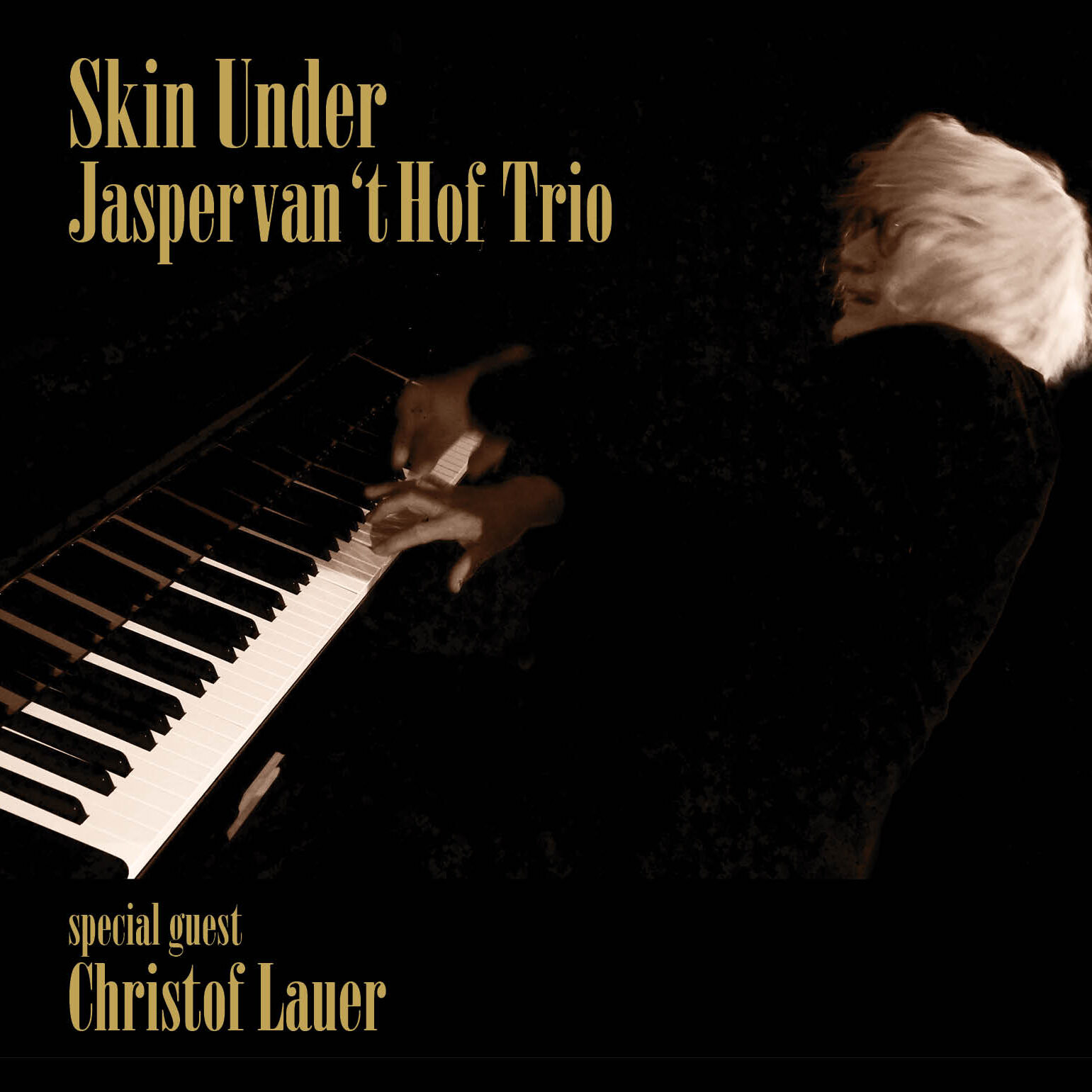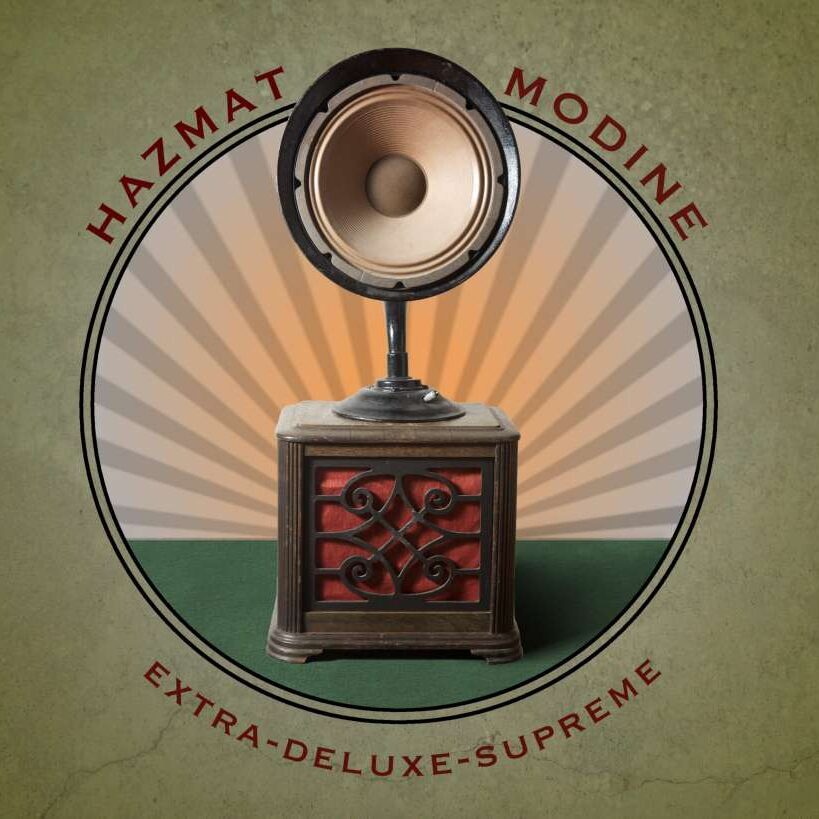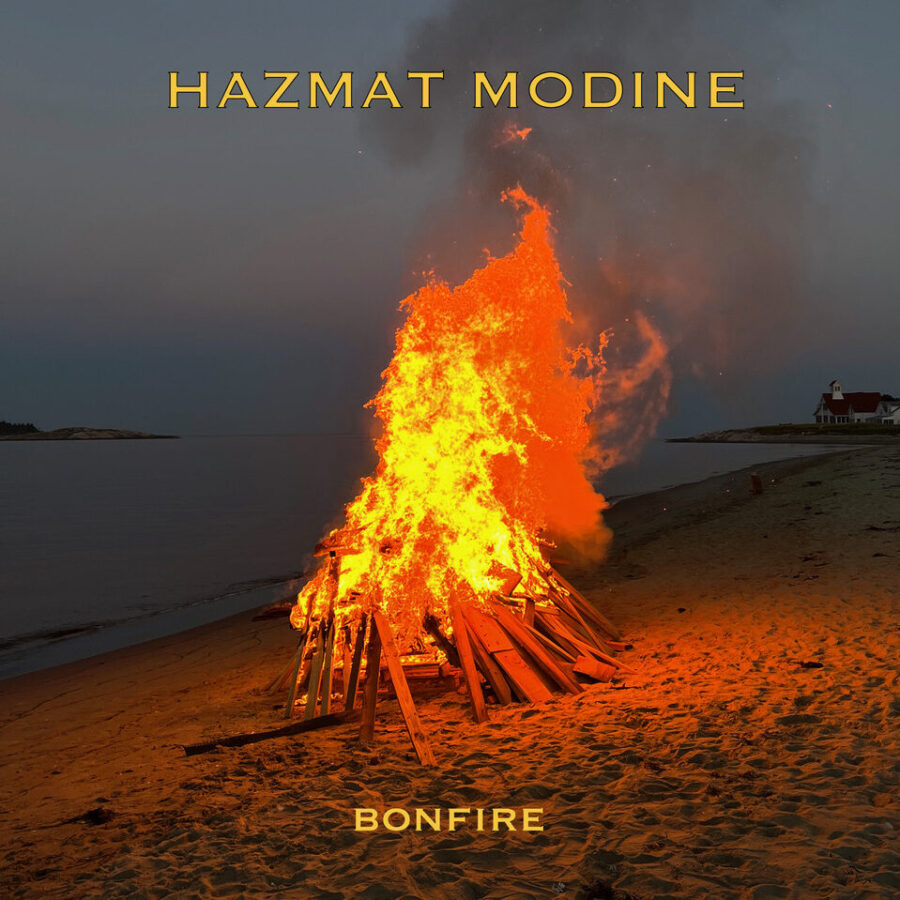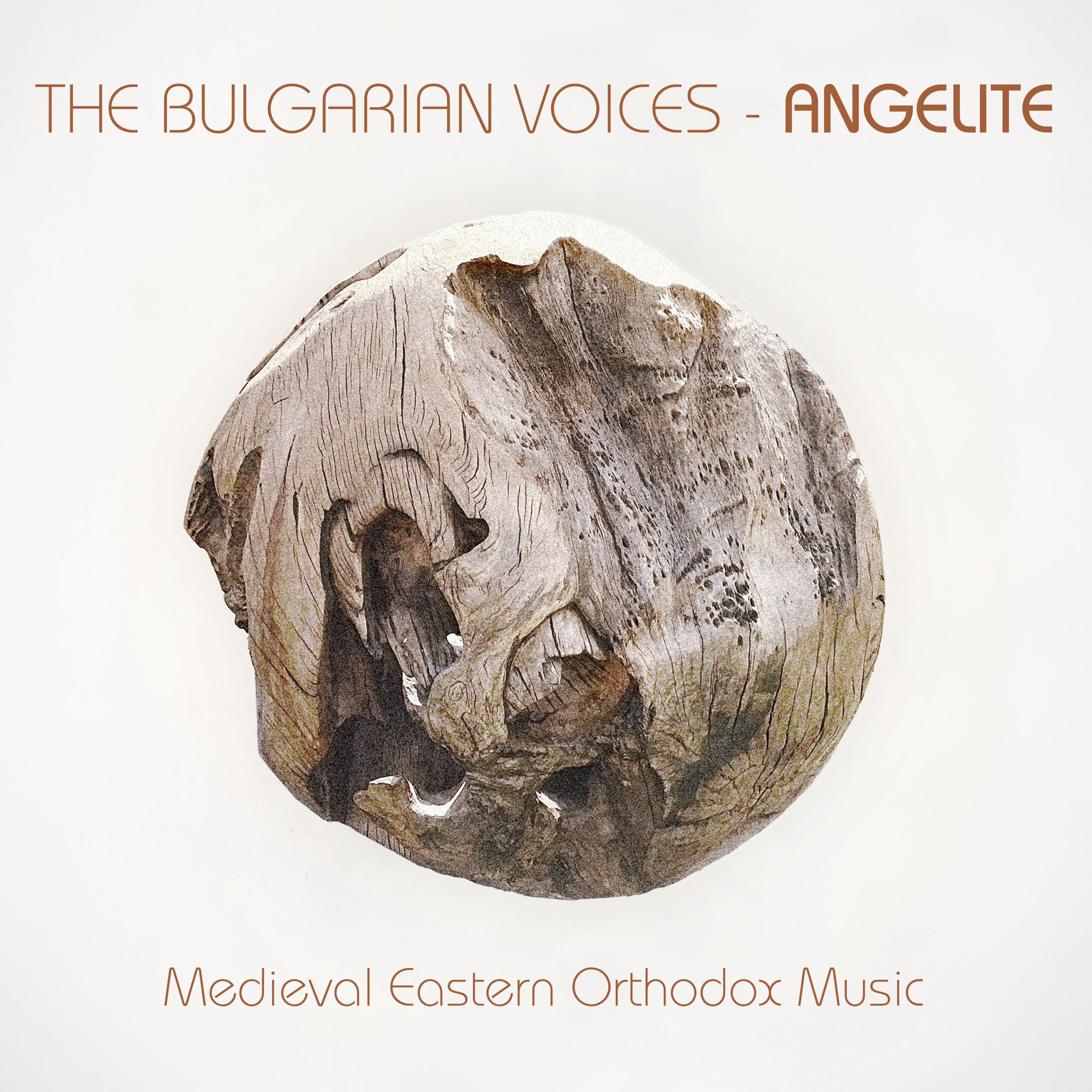Lisboa
25,00 €
Dearest Uli,
As I turned the pages of these magnificent books you sent me, I felt this surprising emotion that seizes us when we discover a work of art. I found in your photos, the special atmosphere that emanates from the streets of Lisbon. Their smell, the sound of the tram scraping its way up the narrow streets of this city built on the banks of an estuary. And then this strange nostalgia that we call Soledad, which can be heard in the singing of voices that cross each other’s eyes, elusive as the wind and yet so close to the heartbeat. At the bend in each of the streets of the old town, the ceramics of the façades follow one another, which you can contemplate like the images in a child’s book. You discover Lisbon as if you were leafing through the pages of a novel, strolling along the pavements, eating a codfish on the terrace of a bar, simply strolling along. The pale coloured walls of the buildings, pierced by high windows, the stone lace of the ancient monuments of this city bubbling with life. You offer us in your photos, a wonderful moment of poetry. And I fully share the idea of accompanying this reading with music. This score where the memory catches the images, like so many notes whose melody expresses what will remain of this journey: a delicious memory. I will visit New-York through the story of this trip illustrated by your superb photos. And I will close this book as I closed the Lisbon one, with a deep sense of gratitude and admiration for your work and for the emotion it arouses.
I don’t know how to thank you for this wonderful gift
Best regards
André
Lisboa
Past & Present ‧ Photos, Text & Music
Photobook + CD
Lisbon, the city upon 7 hills (“sete collinas”); slightly run-down, melancholy with it’s unique light, and it’s relaxed atmosphere. These photos were taken between the years 1999 until 2015. The gloomy charm of this “City on the Tejo” fascinates travelers from around the world.
This photobook of Ulrich Balss brings together, for the first time, literature, music and pictures on the subject. “Through my engagement as a music producer I have traveled often to Lisbon, where I’ve received specific tips and insights from among others, the musicians featured in the accompanying CD, which gives the whole a very personal touch.” Ulrich Balss
The focus of the book are the pavements, the ceramic-tiled “Azulejos”, The electric streets cars (“Electrico”) and the graffiti. These are, together with murals, scattered all over the city, often critical of capitalism. Renowned street artists flocked to Lisbon from around the globe in response to the city-initiated “Crono Project”, which encouraged the graphic artists to spray their messages here. This inspired Ulrich Balss to use quotes from Pessoa’s “The Anarchist Banker“.
Fernando Pessoa
He is one of the most important poets and most significant authors of 20th century Portugal. He was born in Lisbon in 1888, grew up in Durban, S. Africa, and returned home at 17. Here he studied literary science, and later worked as a commercial agent. After more than two dozen changes of address, he finally rented a floor of the building at Rua Coelho da Rocha Nr. 16 in 1920, together with his mother and half-siblings. Here he passed the last 15 years of his life, though shortly after moving in, developed a deep depression. In addition to the “Anarchist Banker“,(O Banqueiro Anarquista), which I’ve quoted in this book, there is his “Book of Disquietude” (Livro Do Desassossego), perhaps his most important work. He died in 1935 here in his home-town.
The Anarchist Banker /O Banqueiro Anarquista, 1922.
The Music:
Dona Rosa
Rosa Francelina Dias Martins was born in 1957 in Lisboa in a very poor family. At the age of four a case of meningitis caused her complete blindness. She lived in Lisboa up to the age of 20 when she was send back to her family in Northern Portugal. But knowing that her family could not accept here blindness she took the first train back to Lisbon instead of the bus to her family.
Back in Lisbon she was supported by beggar companions and started to sell magazines and lottery in the streets to survive. As she loved to sing someone suggested that she should do this to earn her money instead of selling magazines.
She started to do so with enough success to survive under poor conditions. Later she received a triangle and added the instrument to accompany her singing.
As a street musician she was discoved by the Austrian multimedia artist André Heller in the streets of her hometown. He invited her to an international TV production for the Austrian State TV station ORF entitled “Voices of God” with international artists like the Sabri Brothers, Black Umfolosi and the Bulgarians Voices ANGELITE.
JARO discovered her talent during the production in Marakesh, Morocco, in May 1999. Subsequently recording sessions were made in Lisbon. Dona Rosa’s first CD “histórias da rua” was presented in JARO’s VOICES Series in the fall of 2000. Second album “Segredos” was released summer 2003 with excellent reviews. Meanwhile Dona Rosa and her trio did performances in 12 European countries with more than 200 concerts from club stages to prestigious classical music halls. For 2004 are scheduled international concerts in Moscow, Istanbul, Italy, Greece, Spain, Germany, Taiwan, England.
Discography:
Historias da Rua – JARO 4228-2 (2000)
Segredos – JARO 4243-2 (2003)
Alma Livre – JARO 4282-2 (2007)
Sou Luz – JARO 4309-2 (2012)
Dona Rosa:
I liked to be treated as a normal person…
When I go into a shop and they say, ah, sorry, you can’t touch, I turn my back, and if I can’t touch something, then I can’t buy it…. I can’t touch it, let’s go, let’s go to another shop… so I went to another shop, and I touched everything and touched it all again, and then bought what I wanted…
I don’t like red, I like blue, I like yellow, I like white, but I really prefer black… I often dress entirely in black…
I have got lost in places I know; a while ago I had just finished working in the Rua Augusta, but I was so very tired that I got up and I wanted to cross over to the other side to go away, in order to get my bearings. I don’t know where I went, but I ended up staying in the same place…
OqueStrada
The band was born from the desire of Marta Miranda and Jean Marc Pablo – both coming from the world of entertainment, she as a theatre actress with experience in the hidden Fado houses and Cape Verdean taverns, where she began to sing, he coming from France with a suitcase full of experience in urban intervention and show design– to create a portable musical project with the shape of a small neighborhood orchestra ready to travel, where the personality and uniqueness of each individual is the main idea. Only when joined by João Lima and his Portuguese guitar the band could finally start searching for its style and sound. First came the name. OqueStrada is a portmanteau word coming from the juxtaposition between „orquestra“ (orchestra) and „estrada“ (road).
At first, OqueStrada set its base at an old cinema in the city of Almada, a lookout for Lisbon on the other side of river Tagus. In this suburban reality, they tackled destiny and hit the road, building, year after year, their own circuit. They left in search of a country and went on building a cult, a well-kept secret for many. Their simple music grew on this adventure between small village fairs, “tascas”, festivals and city venues. They have released their debut album in 2009, in Portugal. After signing with JARO Medien, the band could share its Portuguese suburban sound with audiences throughout the whole Europe.
OqueStrada renews and changes the traditions of Portuguese music. Sometimes one becomes a prophet in one’s own land. For seven years, OqueStrada played the clubs of Portugal with its crispy-fresh cosmopolitan swing. The group created its own genre– ‘Tasca Beat’. Tasca represents a Portuguese tavern, a tiny establishment where people hang out, eat and drink cheaply. Many years ago, it was the venue for the rawer and most popular forms of Fado and Portuguese urban culture (forms at risk of becoming extinct). Thus, in OqueStrada’s ‘Tasca Beat’, one could see a corner-café groove immersed in a Portuguese blend of joie de vivre with a pinch of nostalgia, a package full of Portugal, a sound that winks at Fado and listens to the forgotten secrets, a proletarian passion from the streets of Lisbon and the suburban neighborhoods. The band’s style reflects the music of a harbor where many languages are heard and blend with the dream of departing, only to later return.
Discography:
Tasca Beat – JARO 4295-2 (2010)
Atlantic Beat – JARO 4321-2 (2014)






